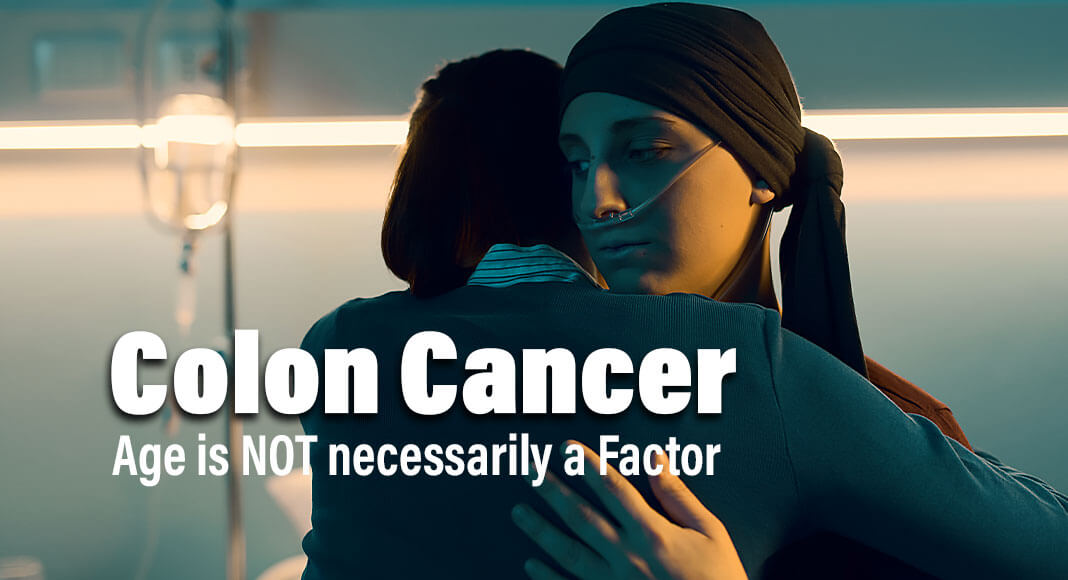
Mega Doctor News
When Nikki Lawson started to experience some pretty disruptive gastrointestinal discomfort at 35, she chalked it up to her food choices. The busy educator and mother on the go, tried to make healthy choices, but sometimes found it a challenge.
“I was on a 35-year old’s diet so I wasn’t really eating as well as I probably should have,” says Lawson, who went on to say that she thought maybe she was suffering from irritable bowel syndrome.
“So I started eating better and before I knew it, I lost a substantial amount in a short period of time,” says Lawson who admits she thought the weight loss was a bit drastic. “At the same time, I also started to notice some blood in my stool and even though actor Chadwick Boseman’s colon cancer diagnosis was making headlines, I never thought that could be happening to me.”
But that’s exactly what it was – the discomfort, the rapid weight loss and the blood – were all signs of colorectal cancer – says Nikki who was shocked by the eventual diagnosis.
“I have no family history of colon cancer and so we have no real explanation as to why I would have it, especially at such a young age,” says Nikki.
But according to the National Cancer Institute, colorectal cancer is rising in adults younger than 55. “One in 5 new cases of colorectal cancer in the United States is occurring in young people, like Nikki,” says Dr. Steven Lee-Kong, Chief of Colorectal Surgery at Hackensack University Medical Center. “This is about twice the rate in 1995 so we’re really concerned and we’re trying to understand why.”
Early research suggests the cause could be environmental factors. “These factors can include a number of different things from our diets and our physical activity levels to our weight and alcohol consumption,” says Dr. Lee-Kong. One thing is for sure, he says, if something doesn’t seem right, like any of the following, get checked out.
- Persistent change in your bowel habits, including diarrhea or constipation or a change in the consistency of your stool.
- Blood in your stool.
- Persistent abdominal pain including cramps, gas or pain.
- Drastic weight loss.
During the month of March, Colorectal Cancer Awareness Month, please consider spreading the word about the prevalence and signs of colorectal cancer as early detection is key. By the time Nikki’s cancer was detected it had reached stage 3 but after treatment, she is doing well and grateful to have caught it when she did.









